All Crawfordville Addiction Treatment Centers
-
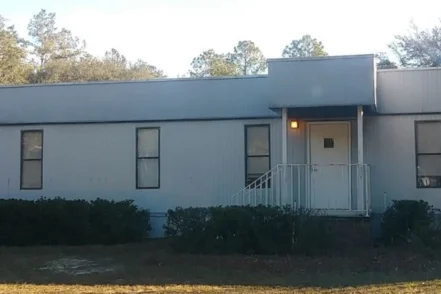
Apalachee Center Wakulla County Clinic
43 Oak Street
Crawfordville, Florida 32327Treatment Programs
- Dual Diagnosis
- Young Adult Rehab
- Adult Program
- +1
Insurance
- Medicaid
- Private insurance
- +4
-
DISC Village Wakulla County Human Services Center
85 High Drive
Crawfordville, Florida 32326Treatment Programs
- Alcohol Rehab
- Dual Diagnosis
- Opioid Addiction
- +6
Insurance
- Medicaid
- Self-pay options
- +4
-
DISC Village Woodville Campus
2967 Natural Bridge Road
Woodville, Florida 32362Treatment Programs
- Alcohol Rehab
- Dual Diagnosis
- Opioid Addiction
- +3
Insurance
- Self-pay options
- Private insurance
- +2
-
Disc Village Inc Natural Bridge Recovery Center
2967 Natural Bridge Road
Tallahassee, Florida 32305Treatment Programs
- Drug Rehab
- Adult Program
- Mens Rehab
-
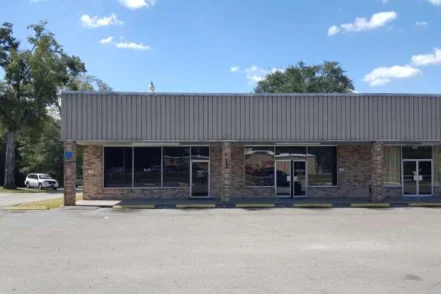
New Season Leon County Treatment Center
3976 Woodville Highway
Tallahassee, Florida 32305Treatment Programs
- Alcohol Rehab
- Opioid Addiction
- Drug Rehab
- +4
Insurance
- Self-pay options
- Private insurance
- +2
-
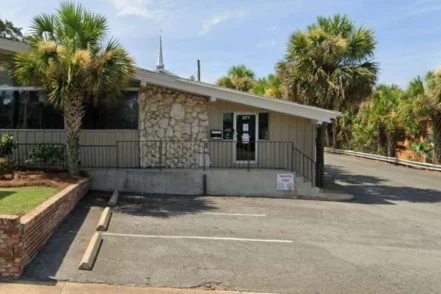
Bethel Family Counseling Outreach Services
471 West Tennessee Street
Tallahassee, Florida 32301Treatment Programs
- Alcohol Rehab
- Dual Diagnosis
- Opioid Addiction
- +6
Insurance
- Medicaid
- Private insurance
- +2
-
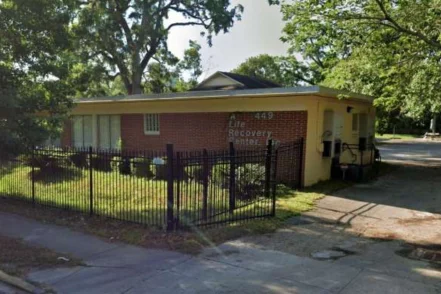
A Life Recovery Center Inc
449 West Georgia Street
Tallahassee, Florida 32301Treatment Programs
- Drug Rehab
Insurance
- Self-pay options
- Sliding scale payment assistance
-
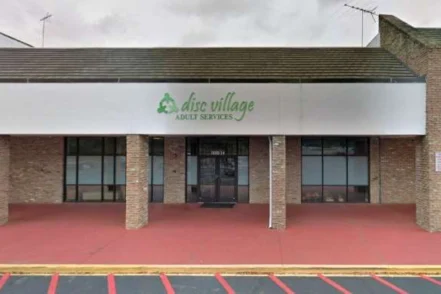
DISC Village Leon County Human Services Center
1000 West Tharpe Street, Unit 2
Tallahassee, Florida 32303Treatment Programs
- Alcohol Rehab
- Dual Diagnosis
- Opioid Addiction
- +6
Insurance
- Private insurance
- Self-pay options
- +1
-
Emerald Coast Behavioral Hospital Parkhill Outpatient Center
2633 Mahan Drive
Tallahassee, Florida 32308Treatment Programs
- Alcohol Rehab
- Dual Diagnosis
- Opioid Addiction
- +6
Insurance
- Private insurance
- Self-pay options
- +1
-
Florida Alcohol and Drug Abuse Association FADAA
2868 Mahan Drive
Tallahassee, Florida 32308Treatment Programs
- Drug Rehab
- Dual Diagnosis
- Opioid Addiction
-
Beck Rehabilitation Service
1342 Vickers Road
Tallahassee, Florida 32303Treatment Programs
- Alcohol Rehab
- Dual Diagnosis
- Opioid Addiction
- +4
Insurance
- Self-pay options
-
Capital Regional Medical Center Inpatient Behavioral Health Services
2626 Capital Medical Boulevard
Tallahassee, Florida 32308Treatment Programs
- Dual Diagnosis
- Adult Program
-
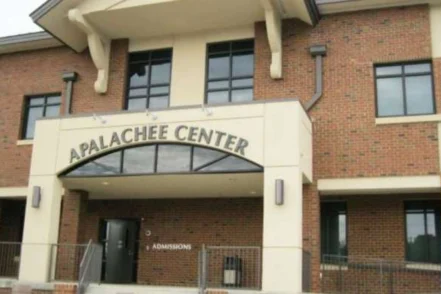
Apalachee Center Leon County Clinic
2634 Capital Circle NE
Tallahassee, Florida 32308Treatment Programs
- Dual Diagnosis
- Adult Program
- Senior Rehab
- +1
Insurance
- Medicaid
- Private insurance
- +4
-
Townsend Addiction Recovery Center
2724-8 Capital Circle Ne
Tallahassee, Florida 32308Treatment Programs
- Alcohol Rehab
- Opioid Addiction
- Drug Rehab
- +4
Insurance
- Self-pay options
- Military insurance
- +2
-
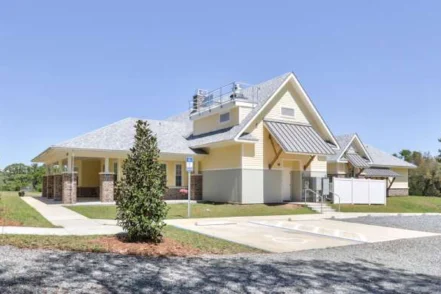
Canopy Cove
13305 Mahan Drive
Tallahassee, Florida 32309Treatment Programs
- Young Adult Rehab
- Adult Program
- Mens Rehab
- +1
Insurance
- Medicaid
Other Nearby Cities
Top Drug Rehab Centers in Florida
-
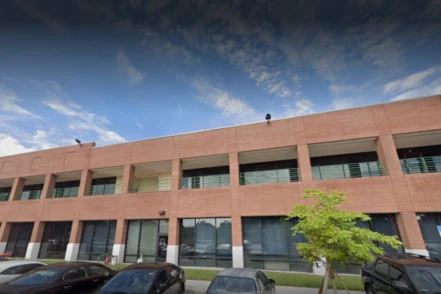 Florida
FloridaCompassion Behavioral Health
1 Oakwood Blvd, Suite 265 Hollywood, Florida 33020
Treatment Programs
- Alcohol Rehab
- Dual Diagnosis
- Opioid Addiction
- +4
-
 Florida
FloridaEvolutions Treatment Center Miami Fort Lauderdale
2900W Cypress Creek Road, Suite 2 Fort Lauderdale, Florida 33309
Treatment Programs
- Alcohol Rehab
- Dual Diagnosis
- Opioid Addiction
- +5
-
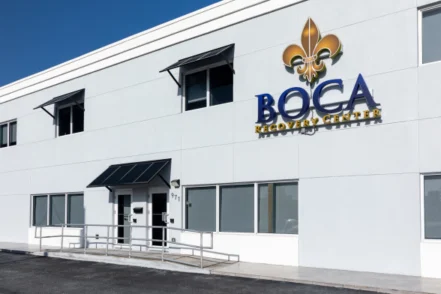 Florida
FloridaBoca Recovery Center Powerline Road
21301 Powerline Road, Suite 311 Boca Raton, Florida 33433
Treatment Programs
- Alcohol Rehab
- Dual Diagnosis
- Opioid Addiction
- +4
-
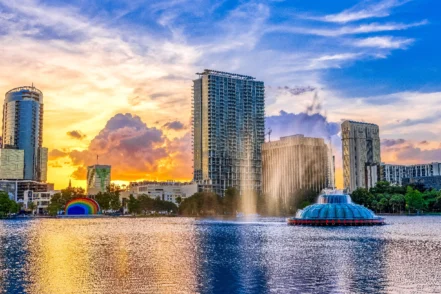 Florida
FloridaAspire Health Partners Addictions Receiving Facility ARF
712 West Gore Street Orlando, Florida 32805
Treatment Programs
- Alcohol Rehab
- Dual Diagnosis
- Opioid Addiction
- +7
-
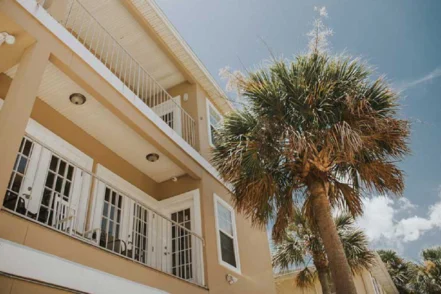 Florida
FloridaBeaches Recovery
390 16th Ave South Jacksonville Beach, Florida 32250
Treatment Programs
- Alcohol Rehab
- Dual Diagnosis
- Opioid Addiction
- +5
-
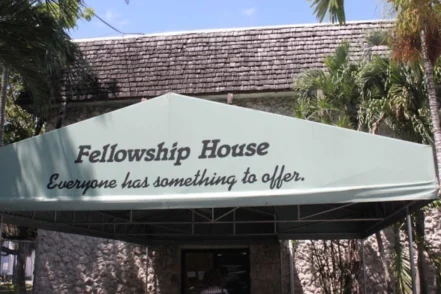 Florida
FloridaFellowship House Miami
5711 South Dixie Highway Miami, Florida 33143
Treatment Programs
- Alcohol Rehab
- Dual Diagnosis
- Opioid Addiction
- +4
-
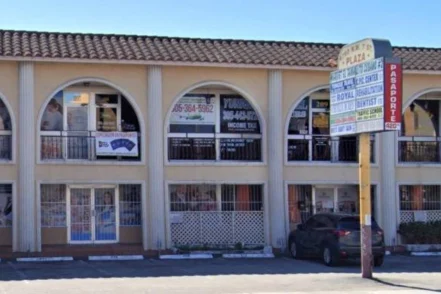 Florida
FloridaComprehensive Psychiatric Center 7th Street
4790 Northwest 7th Street, Suite 102 Miami, Florida 33126
Treatment Programs
- Alcohol Rehab
- Opioid Addiction
- Drug Rehab
- +4
-
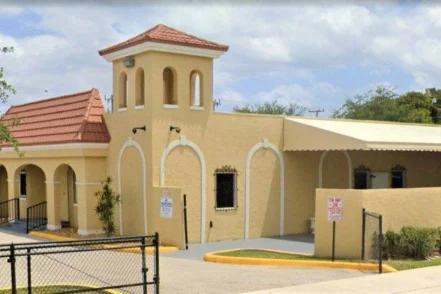 Florida
FloridaAmbrosia Treatment Center West Palm Beach
222 Picadilly Street West Palm Beach, Florida 33407
Treatment Programs
- Alcohol Rehab
- Dual Diagnosis
- Opioid Addiction
- +5
-
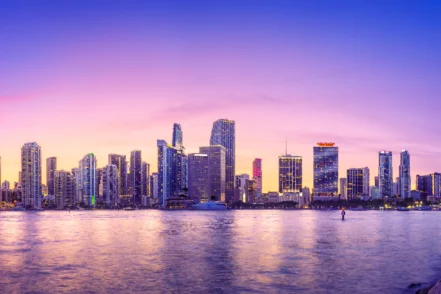 Florida
FloridaAdaptive Center Coral Way
2828 Coral Way, Suite 103 Miami, Florida 33145
Treatment Programs
- Alcohol Rehab
- Dual Diagnosis
- Opioid Addiction
- +5
-
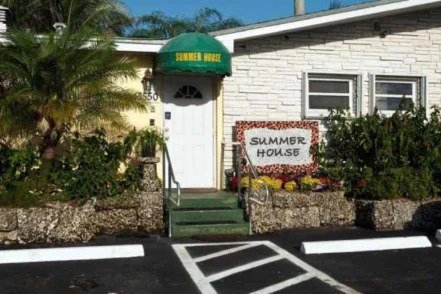 Florida
FloridaSummer House Detox Center
13550 Memorial Highway Miami, Florida 33161
Treatment Programs
- Alcohol Rehab
- Dual Diagnosis
- Opioid Addiction
- +5
-
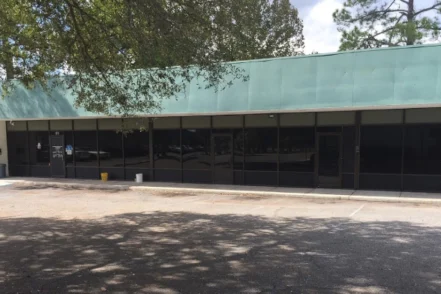 Florida
FloridaNew Season Duval County Treatment Center
590 Ellis Rd, Building 4 Jacksonville, Florida 32254
Treatment Programs
- Alcohol Rehab
- Opioid Addiction
- Drug Rehab
- +4
-
 Florida
FloridaUnited Recovery Project Hollywood
5900 Johnson Street Hollywood, Florida 33021
Treatment Programs
- Alcohol Rehab
- Dual Diagnosis
- Opioid Addiction
- +4
-
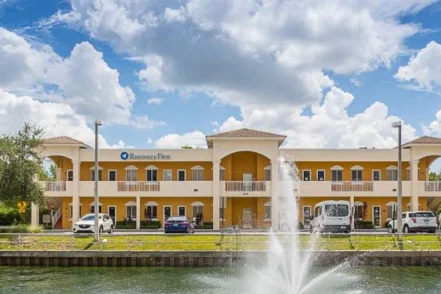 Florida
FloridaRecovery First Treatment Center Hollywood
4110 Davie Road Extension Hollywood, Florida 33024
Treatment Programs
- Alcohol Rehab
- Drug Rehab
- +-1
-
 Florida
FloridaLakeview Health
1900 Corporate Square Blvd Jacksonville, Florida 32216
Treatment Programs
- Alcohol Rehab
- Dual Diagnosis
- Opioid Addiction
- +3
-
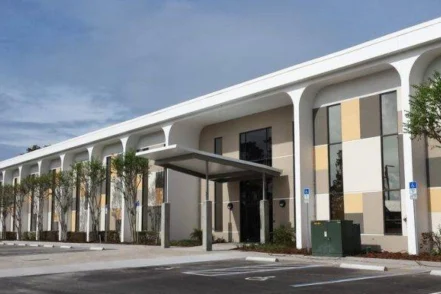 Florida
FloridaOrlando Recovery Center Drug and Alcohol Rehab
6000 Lake Ellenor Drive Orlando, Florida 32809
Treatment Programs
- Alcohol Rehab
- Dual Diagnosis
- Opioid Addiction
- +4
Find Nearby Drug Rehabs in Florida
- Pahokee
- Palatka
- Palm Bay
- Palm Beach
- Palm Beach Gardens
- Palm Beach Shores
- Palm City
- Palm Coast
- Palm Harbor
- Palm Springs
- Palmetto
- Panama City
- Panama City Beach
- Pembroke Pines
- Pensacola
- Perry
- Pinellas Park
- Plant City
- Plantation
- Pompano Beach
- Port Charlotte
- Port Orange
- Port Richey
- Port St. Lucie
- Punta Gorda
